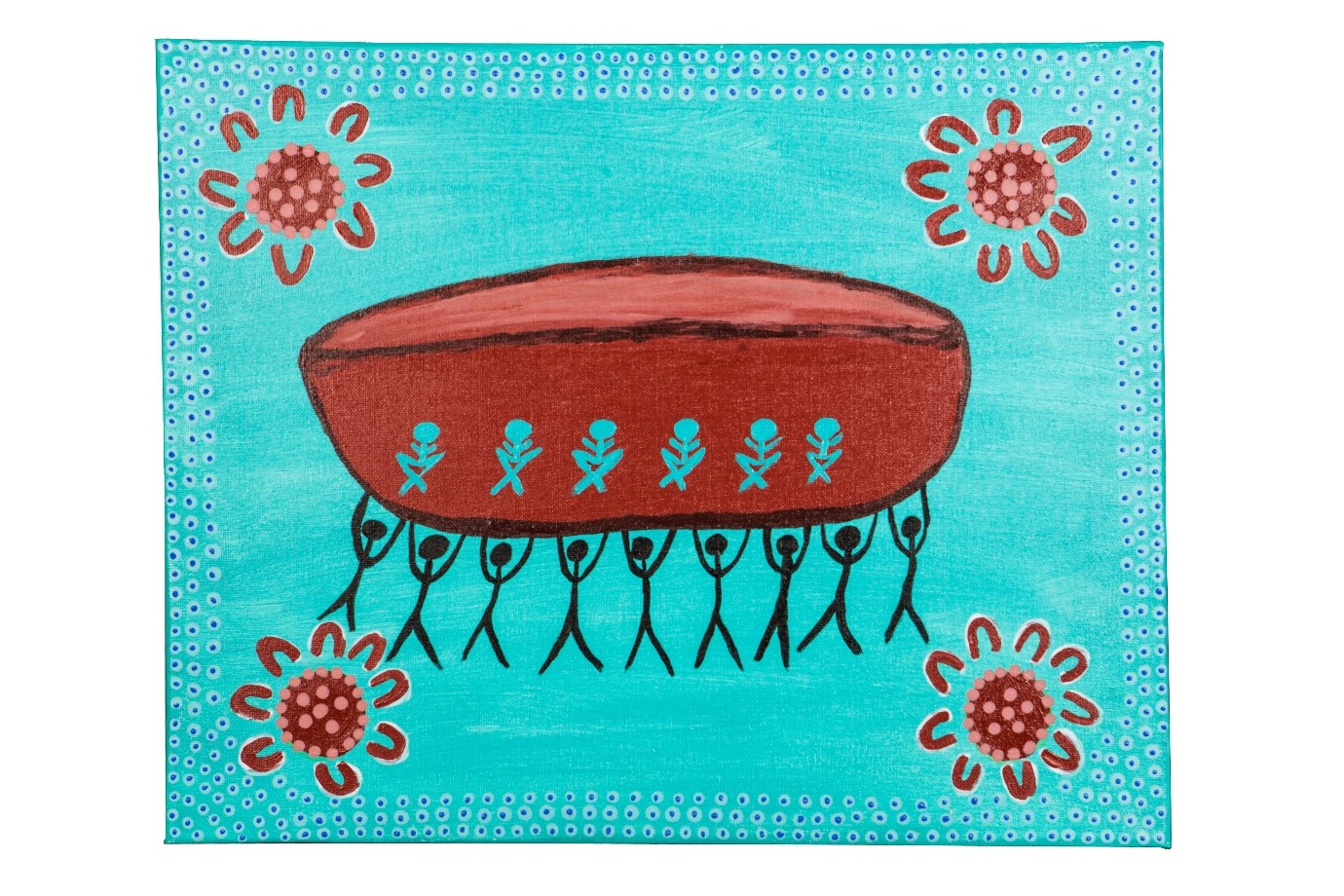Search
Research
Examining the risk factors for suicidal behaviour of Aboriginal and Torres Strait Islander children...While the majority of Aboriginal and Torres Strait Islander children are travelling on track or exceeding across all developmental domains...
Research
Resilience amongst Australian Aboriginal youth: An ecological analysis of factors associated with psychosocial functioningWe investigate whether the profile of factors protecting psychosocial functioning of high risk exposed Australian Aboriginal youth are the same as those...
Research
Early Vocabulary Development of Australian Indigenous Children: Identifying StrengthsThe current study sought to increase our understanding of the factors involved in the early vocabulary development of Australian Indigenous children.
Research
Evidence for the use of an algorithm in resolving inconsistent and missing Indigenous status in administrative data collectionsWe found that algorithms reduced the amount of missing data and improved within‑individual consistency.
Research
The Australian guideline for prevention, diagnosis and management of acute rheumatic fever and rheumatic heart disease (2nd edition)Acute rheumatic fever (ARF) and rheumatic heart disease (RHD) occur at very high rates among Aboriginal and Torres Strait Islander people.
Research
Socioeconomic disparities in the mental health of Indigenous children in Western AustraliaThe burden of mental health problems among Aboriginal and Torres Strait Islander children is a major public health problem in Australia.
Research
Socioeconomic disparities in physical health among Aboriginal and Torres Strait Islander children in Western AustraliaWe sought to provide insights by examining socio-economic disparities in physical health outcomes among Aboriginal and Torres Strait Islander children in WA.
Research
Maternal death and the onward psychosocial circumstances of Australian Aboriginal children and young peopleThis study sought to determine the social and emotional impact of maternal loss on Aboriginal children and young people using data from the Western...

Research
Ngulluk Koolunga Ngulluk Koort (Our Children, Our Heart) ProgramBrings the Aboriginal community(s) of Perth together with service providers & policy makers to improve outcomes for Aboriginal kids and their families.

